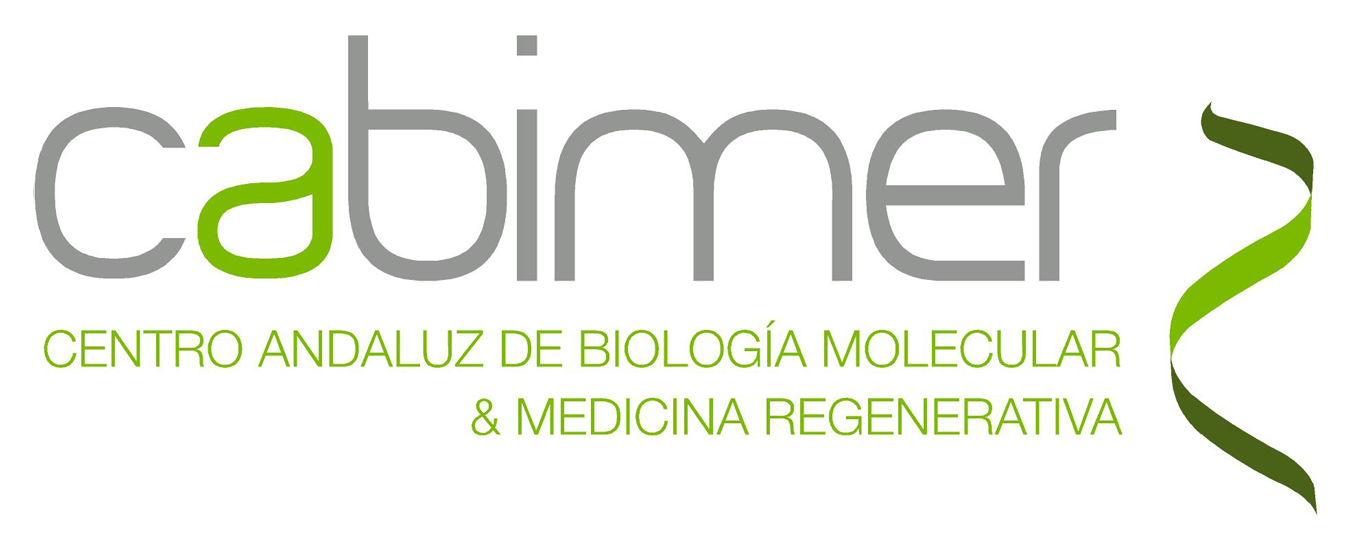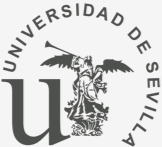My long-standing interest has been understanding the mechanisms that prevent genomic instability. During my PhD in Dr. Aguilera’s laboratory at the University of Sevilla, I studied the factors involved in genome stability related to transcription, and investigated the links between mRNA metabolism, replication stress and DNA repair defects, during mitosis and meiosis cell cycles. Strikingly, my Ph.D. also uncovered the mechanism behind genome instability caused by R-loops using Saccharomyces cerevisiae, Caenorhabditis elegans, and human cells, linked to H3S10 phosphorylation during meiosis/mitosis, a mark of chromatin condensation. I was supported by three Ph.D. fellowships (PFIS/ISCIII, JAE, FPU) and published 3 first-author articles that have accumulated more than 400 cites in high-impact journals such as Molecular Cell, EMBO reports and PLoS One. Through this work, I became competent in a broad range of biochemical and molecular biology experimental approaches in different model organisms.
I decided to broaden my expertise in chromosome biology by investigating how cohesin, a protein complex that binds DNA to provide sister chromatid cohesion, DNA repair, and gene regulation, orchestrates the dramatic structural changes that chromosomes undergo during meiotic prophase using the C. elegans germline as a model. To this end, I was awarded 2 prestigious postdoc fellowships, funded first by a Fellowship from the Alfonso Martin Escudero Foundation and then by the European EMBO Long Term Fellowship, at the Dr. Martinez-Perez´s lab in the MRC/Imperial College of London in January 2015. By setting up a TEV system to fast degrade cohesin, I unraveled a new role for cohesin as a regulator of early meiotic progression: nuclei with fully assembled SC could revert to early prophase events, including chromosome movement and DSB formation, revealing unexpected plasticity in the meiotic program (first author, Nature Communications). I also clarified that roles of meiotic cohesin are complex-specific and dependent on its dynamic. Stable REC-8 provided SCC and DNA repair, while COH-3/4 regulated chromosome structure, associating dynamically with pachytene chromosomes (first author, eLife). I released other collaborations papers (Plos Genetics, eLife), and I supervised a Master’s students’ thesis, which investigated mechanisms of cohesin function in the C. elegans germline.
In early 2021, I joined US/CABIMER in Dr. Huertas’ lab, awarded with the prestigious European Marie Skłodowska-Curie Individual Fellowship. The foundation of this project stems from my observations during my previous postdoc and describes how meiotic cohesin is crutial for genome stability in mitotically proliferating C. elegans undifferentiated germ cells. The project has been successfully executed, allowing me to establish my niche in a poorly studied field. To achieved this, I implemented cutting-edge techniques not previously described in C. elegans to investigate cohesin’s role in DNA damage repair. Additionally, I have supervised 7 students’ end-of-degree projects, and collaborations are currently in progress. I authored a review on chromosomal instability in genome evolution (corresponding author, Biology).
My ongoing research project exhibits immense potential for expansion into a fully research program, aiming to achieve research independence. Having been previously awarded the MSCA, it ensures my continued research at the University of Sevilla. My leadership skills have been evident throughout my research career, developing a number of high-quality original research articles in top-ranked journals in an independent manner, actively participating in the design, execution and writing of the manuscripts, as well as by mentoring Master and PhD students. I have also proven my capacity to secure funding from international and competitive calls. Furthermore, I have served as corresponding author of a review and acted as Principal Investigator of two European competitive grants. Additionally, I have presented my work at numerous international conferences and I have been engaged in several outreach activities.
Today, my research project aims to understand the active role of cohesin complexes in the DNA Damage response and DNA repair pathways, with a focus on cohesin complex-specific functions that mediate the preservation of genome stability. Additionally, this project seeks to challenge preconceived notions regarding cell cycle-specific cohesin complexes, emphasizing the key role of meiotic-specific cohesin in maintaining genome stability during proliferating tissues from C. elegans.







